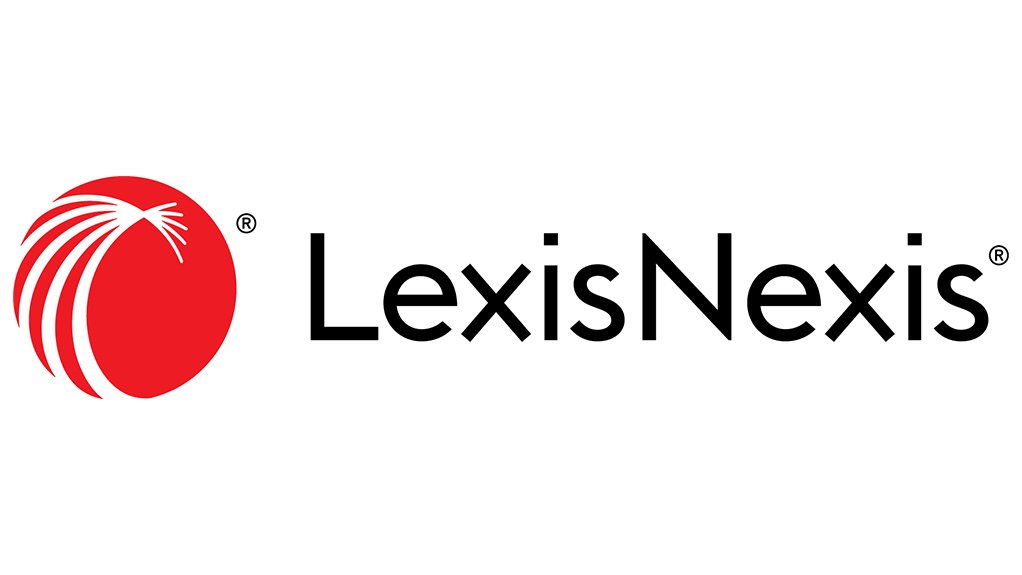You will be hard-pressed to find a sector that is not grappling with the impact of technological intervention in their field. The first webinar in the State of the Legal Industry series from LexisNexis aimed to do just that, focusing on Legal in the Digital Age. The session hosted in partnership with the Law Society of South Africa (LSSA) set out to explore critical shifts in the legal sector reflected in the Legal Tech Report 2021/2022, a joint research effort between LexisNexis and the LSSA.
While the panel unanimously agreed that technology has changed the legal profession for the better, interesting ethical questions were raised including tech and the “human factor;” the impact of the digital divide, and the question of privacy.
A panel, comprising Advocate Romeo Nthambeleni, Adjunct Professor Sizwe Snail representing the Law Society and LexisNexis Chief Technology Officer Terrance Naidoo, presented a broad range of insights into how technology is being integrated into the legal profession.
Naidoo believes the effective incorporation of technology into a legal practice gives a firm a leading edge and gives lawyers a competitive advantage. This technology includes predictive analysis, smart content and intelligent workspaces that drive results.
Naidoo says analysis of large volumes of data leads to the identification of patterns, allowing lawyers to make better decisions based on past outcomes.
Snail says tech literacy is now “integral to working as an attorney.” And to this end he says tertiary institutions are beginning to pick up the pace when it comes to readying students for tech in the workplace.
Nthambeleni’s outlook on tech and the legal profession is overwhelmingly positive. He notes that, as the COVID-19 pandemic has forced legal proceedings online, the South African legal profession has adopted and adapted to this digital environment with positive results.
As technology decreases consultation times and simplifies many aspects of laborious casework, both clients and lawyers stand to benefit.
While the panel members unanimously agreed on the benefits of effective tech integration into the legal space, important conversations emerged around ethical questions.
One of these is the issue of inequality and can our constitutional right to access to information be recognised across a digital chasm? In a country with one of the highest GINI coefficients in the world, does the digital shift in the legal profession mean that some people will be left behind?
Nthambeleni argues that denying data means denying access to justice while Naidoo sees the implementation of zero-rated data sites as an eventual solution to data inequality.
All panellists agreed that cybersecurity and the protection of data are paramount, with Naidoo emphasising that the right safeguards should be put in place to ensure privacy. He says as technologies evolve to incorporate more operations, cybersecurity measures are evolving rapidly. Nthambeleni called for the quicker implementation of legislation when it comes to protecting data and personalisation.
And what about the human factor? Concerns were raised about the possibility of technology replacing human processes in cases where this may exacerbate the trauma of victims.
Snail warned that lawyers should not overuse or become too dependent on technology. Nthambeleni addressed the concern using the analogy of referees in sports explaining that referees are primarily responsible for making the final decision when it comes to rulings, but technology assists them in making more informed decisions.
So, while the human aspect of law can never be replaced by technology, decision-making processes can be more informed and refined using data. And that is the direction that the legal profession is moving in with increasing speed.
If you are interested in joining LexisNexis and the LSSA in further unpacking the 2021/22 Legal Tech Report in the FREE State of the Legal Industry Webinar Series, sign up here: https://bit.ly/3JIQ7BE
EMAIL THIS ARTICLE SAVE THIS ARTICLE ARTICLE ENQUIRY
To subscribe email subscriptions@creamermedia.co.za or click here
To advertise email advertising@creamermedia.co.za or click here











